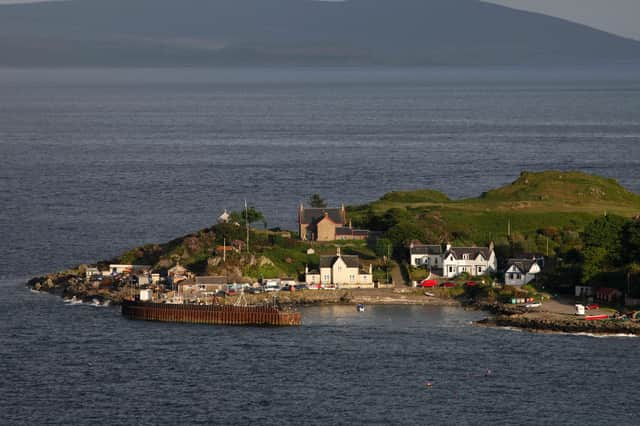Margot McCuaig's novel Almost Then gives a strong sense of rural Scottish life – Laura Waddell


When we meet these characters, their shared 27th birthday approaches, and it’s a fraught time in their lives. Rathlin has travelled from her pad in Glasgow to Kintyre anticipating fighting to keep the family home.
In the way is a despised relative-through-marriage who, unbeknownst to Rathlin, has actually been shacking up there with Breácan while she’s been away. But there are unspilled family secrets on more than one person’s lips.
Advertisement
Hide AdAdvertisement
Hide AdRathlin heads into this situation carrying her own twinned traumas. She is yet to come to terms with the loss of a baby, and the loss of her parents after an accident left her and her brother orphaned at 12 years old.
The story cleverly unfolds through the mechanisms of a mind in turmoil as Rathlin strains to make sense of it all, through flashbacks and imaginary conversations, playing out how she would address sore subjects. Her pain feels raw.
In many ways a tight, classic family intrigue, rich with resentments and estrangements, what distinguishes Almost Then is its strong sense of place. Not only the sea and woodland which provide opportunities for scenes of play and danger, but the particular context of remote Scottish rural living and how it has shaped the characters. Rathlin being placed into foster care as a teenager meant being sent far away from her brother. The farm work that’s hard on Breácan’s arthritic body, but the most viable option for employment.
And of course there’s the house itself, which “sits on a shelf on the mountain, like a cuckoo clock on the mantelpiece”, a unique place stamped with memories of their lost parents. But what began as a story about a property dispute soon becomes much more.
Almost Then is ultimately a story about striving for a sense of home, tense and tender in equal measures.
A message from the Editor:
Thank you for reading this article. We're more reliant on your support than ever as the shift in consumer habits brought about by coronavirus impacts our advertisers.
If you haven't already, please consider supporting our trusted, fact-checked journalism by taking out a digital subscription.
Comments
Want to join the conversation? Please or to comment on this article.
